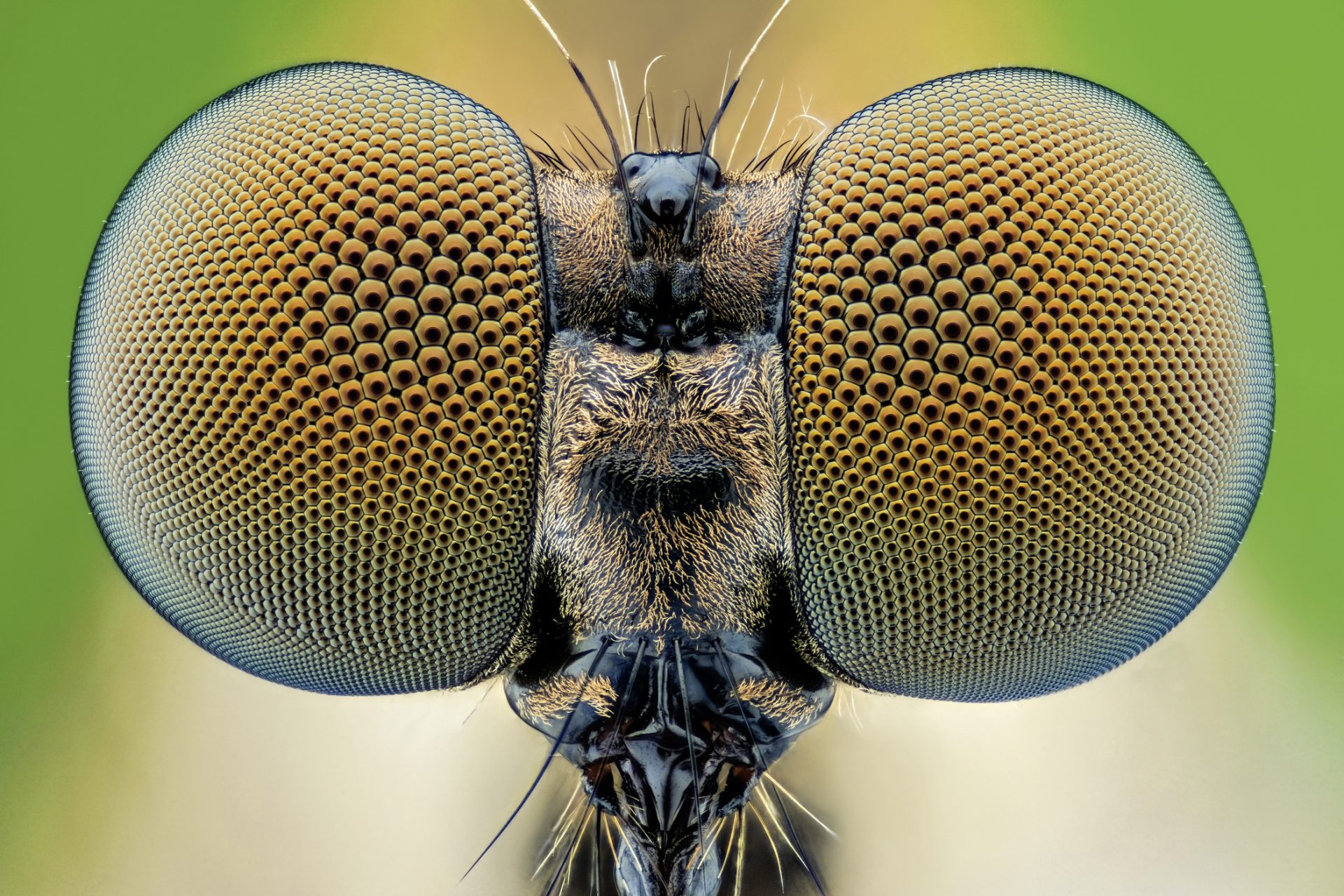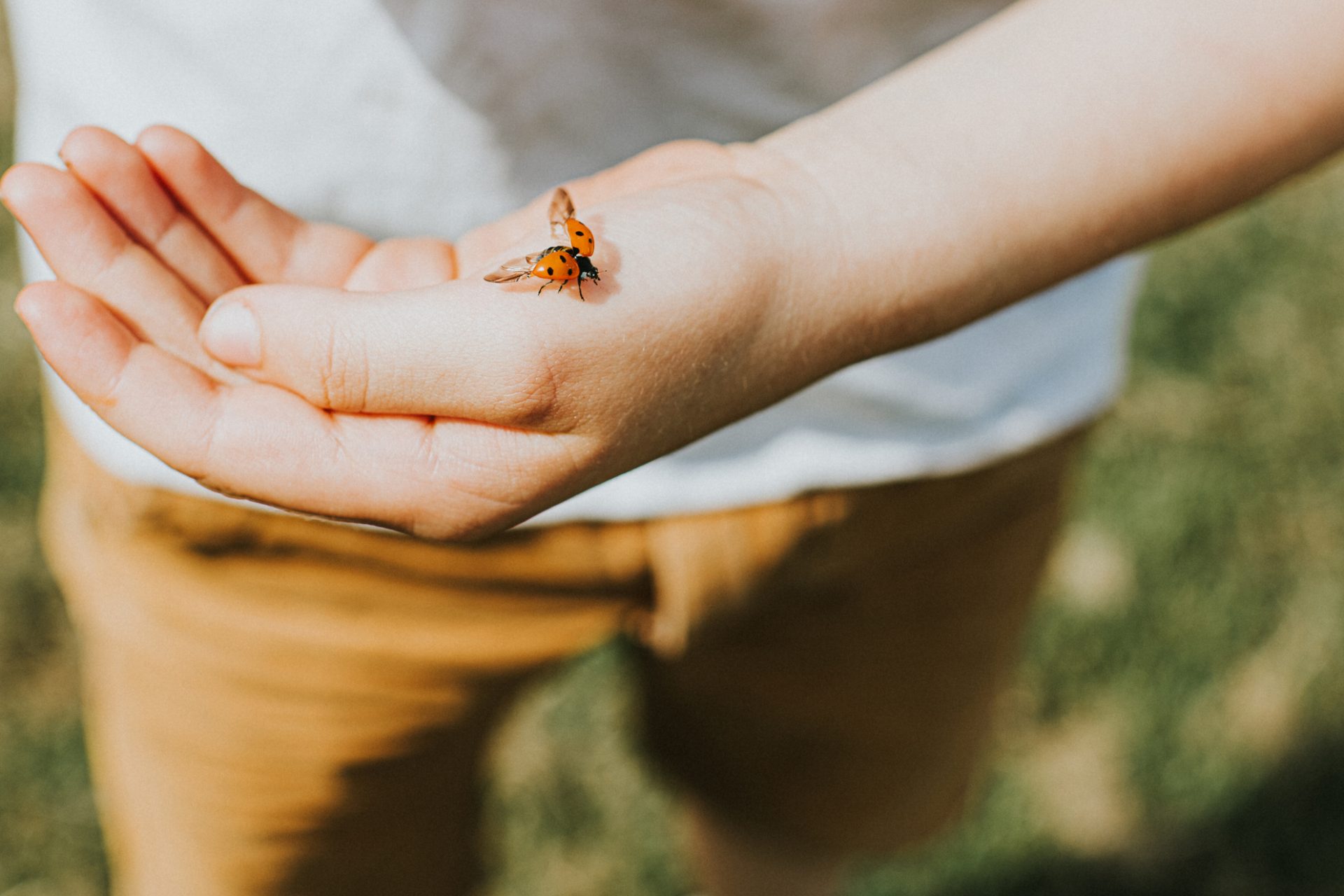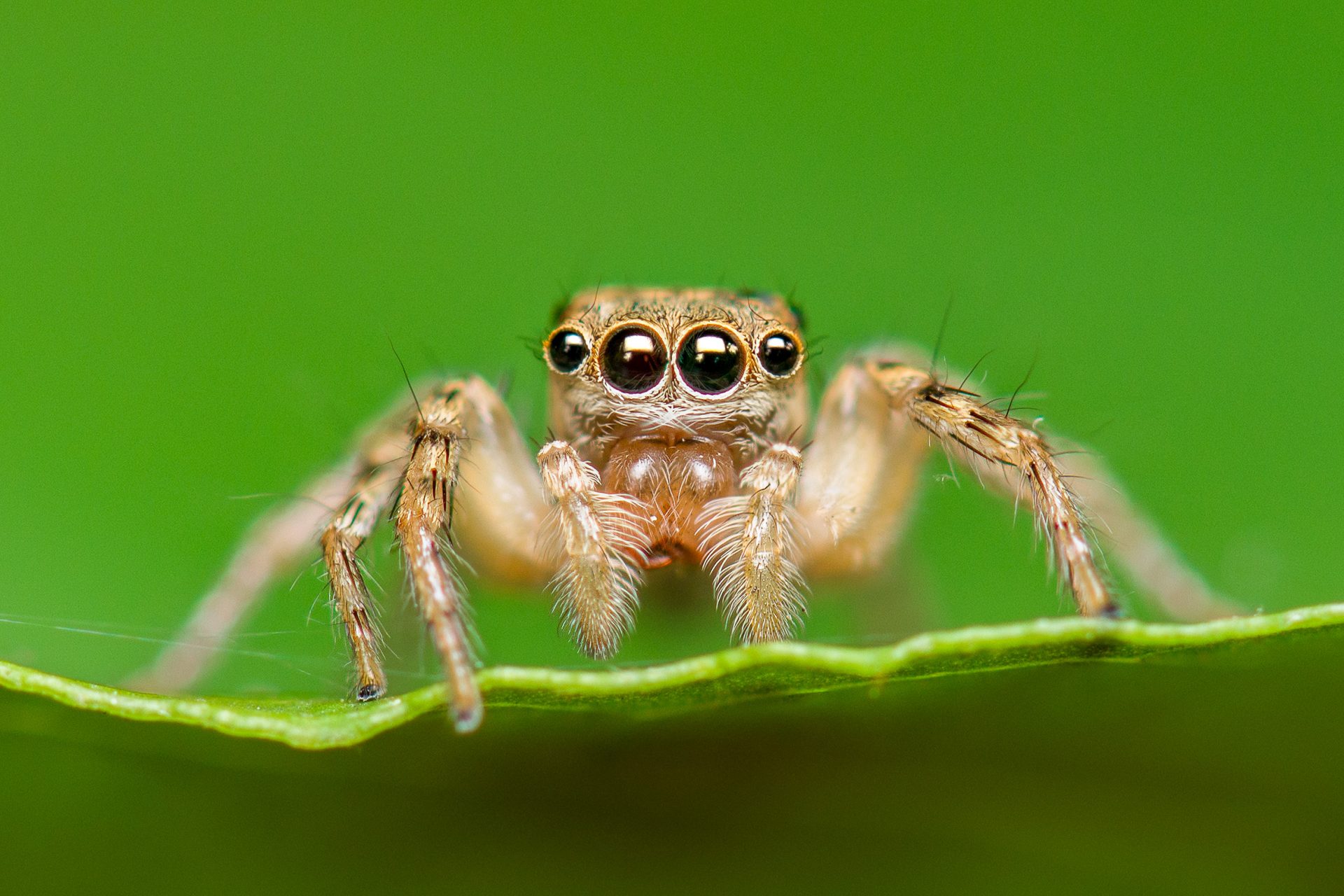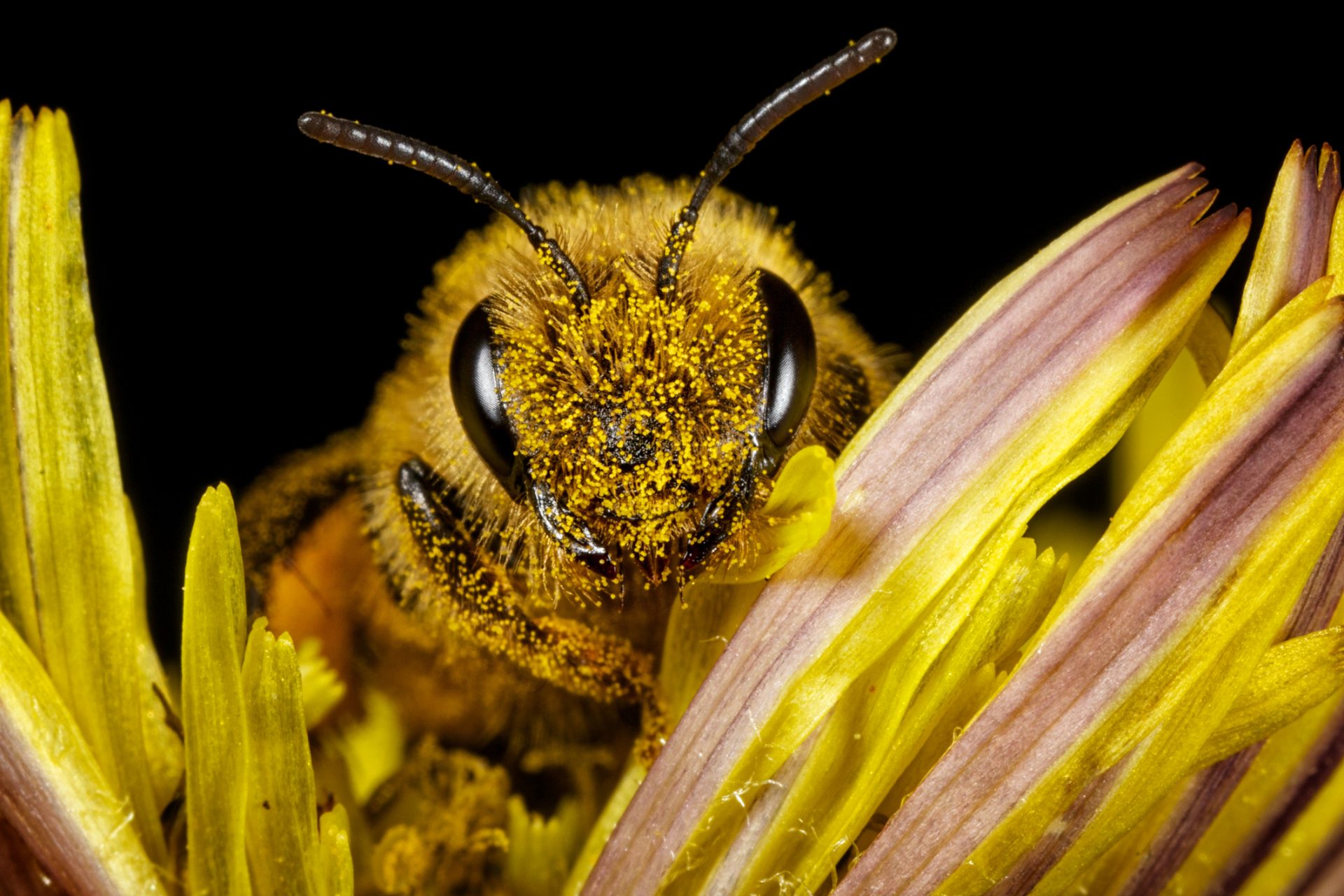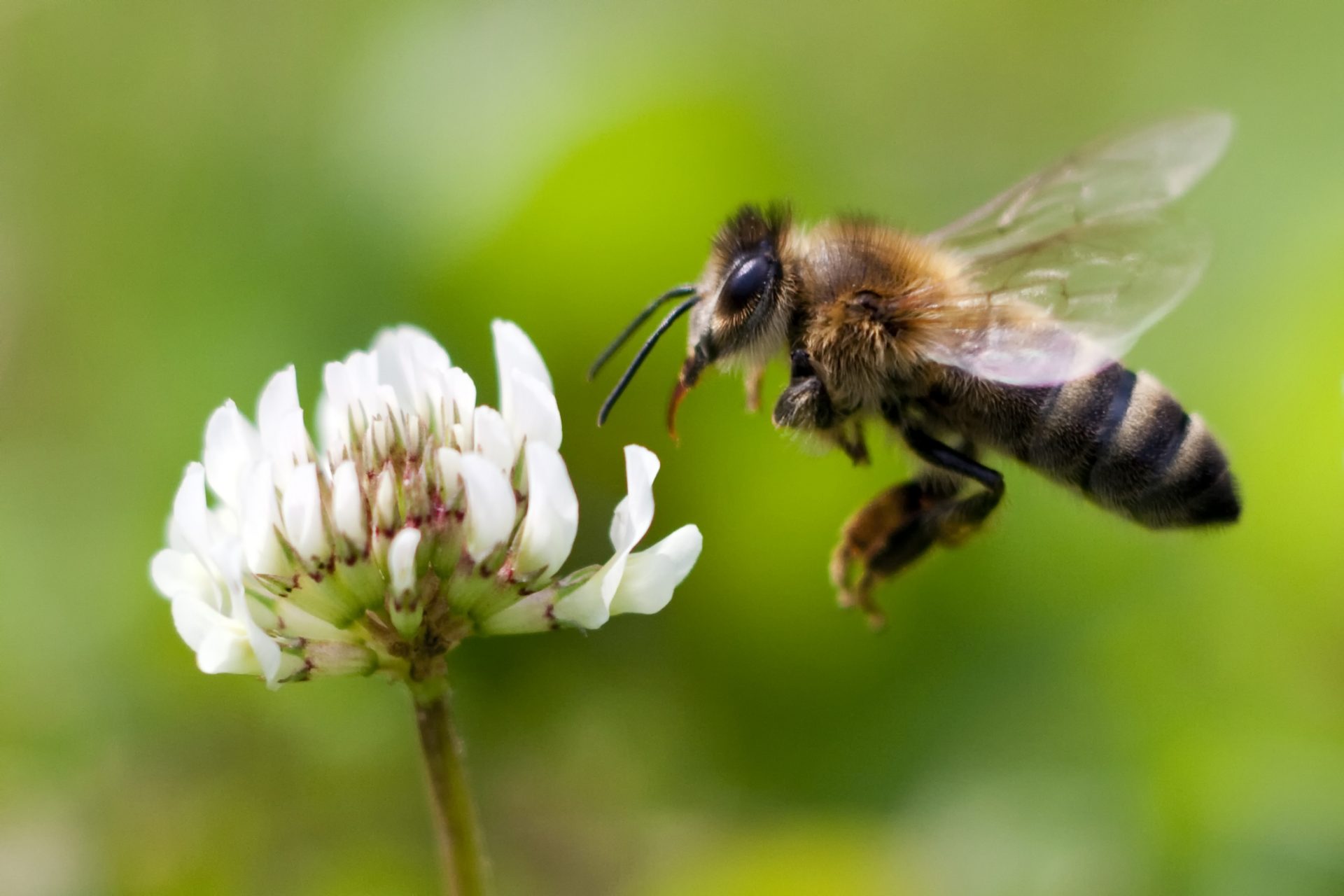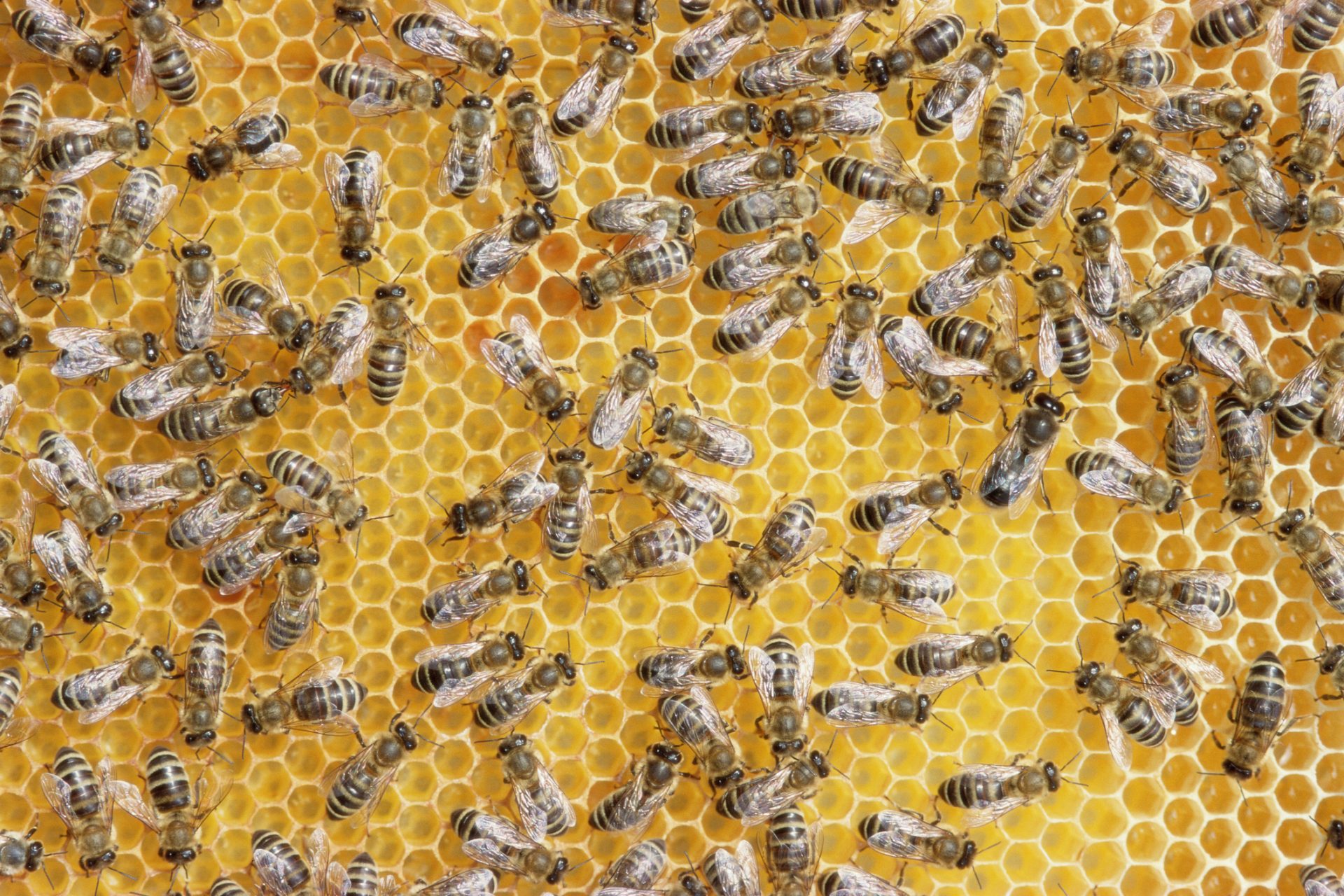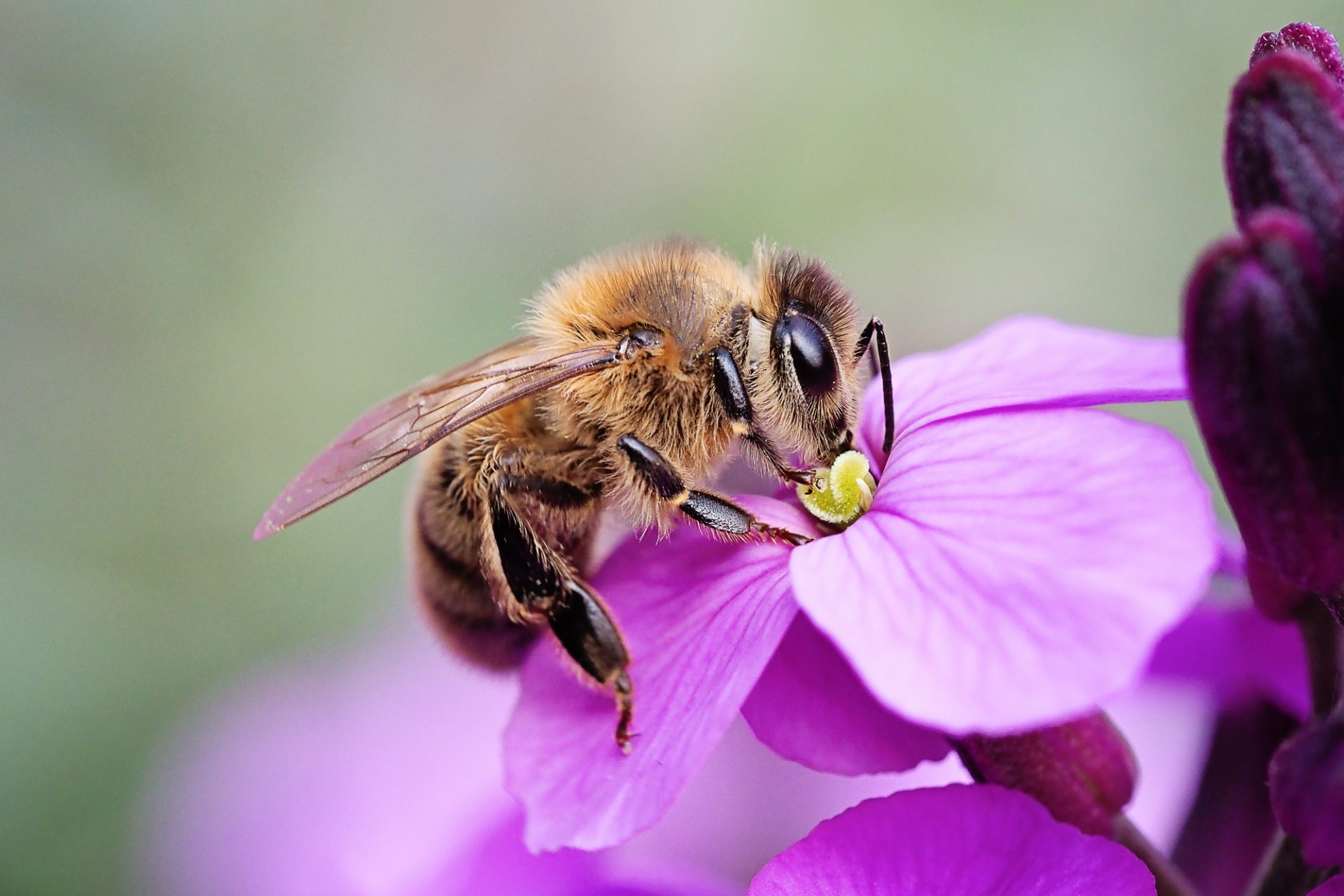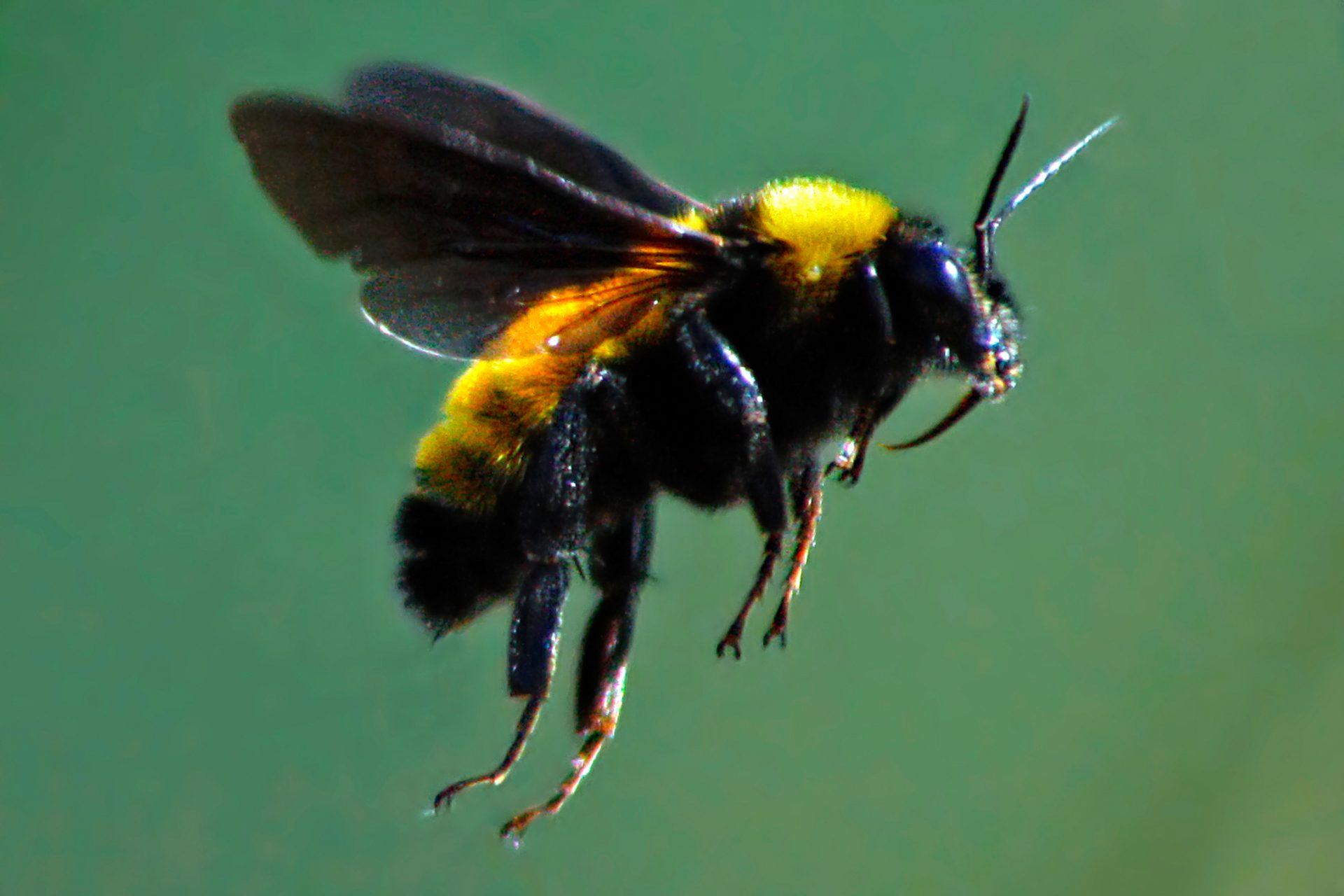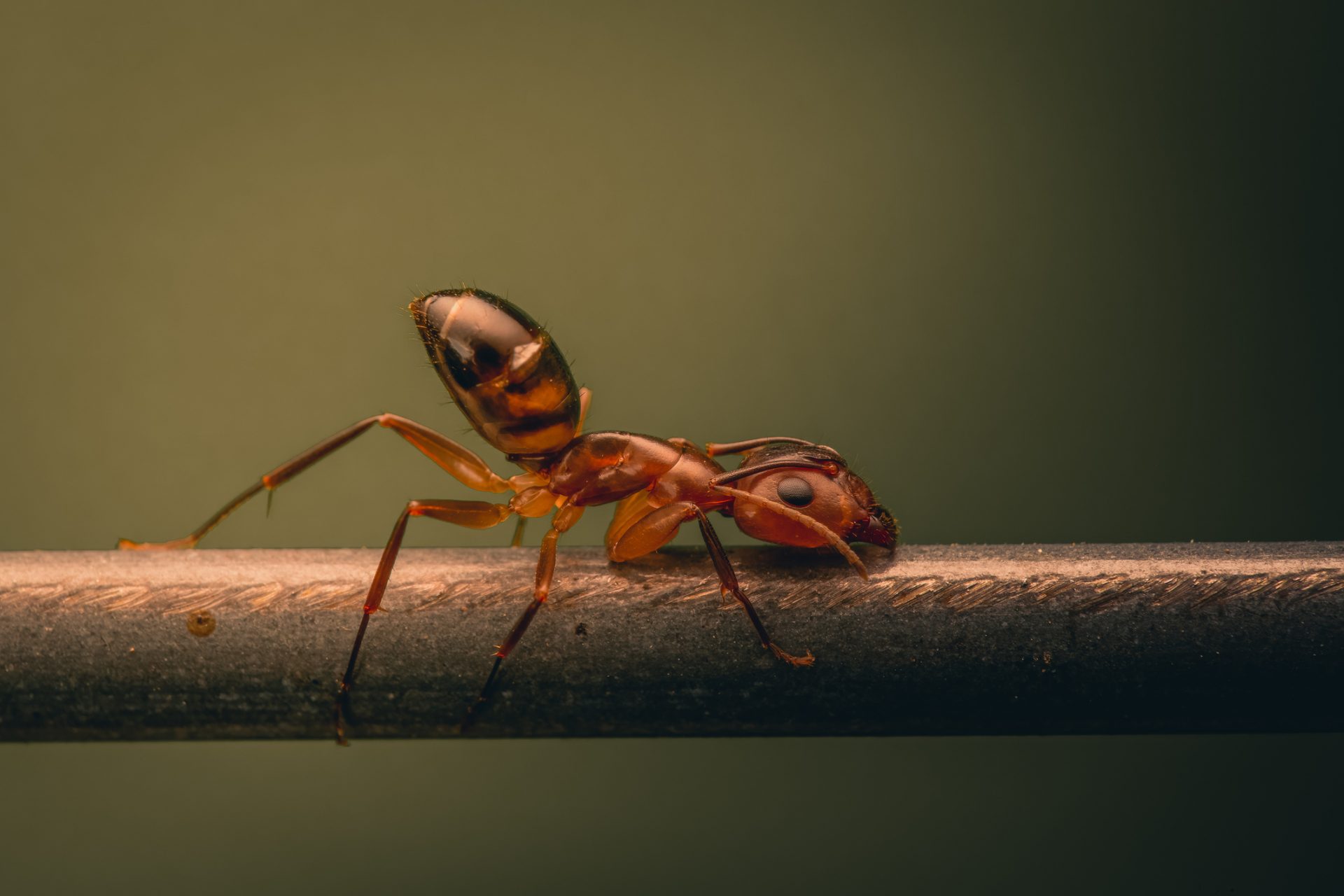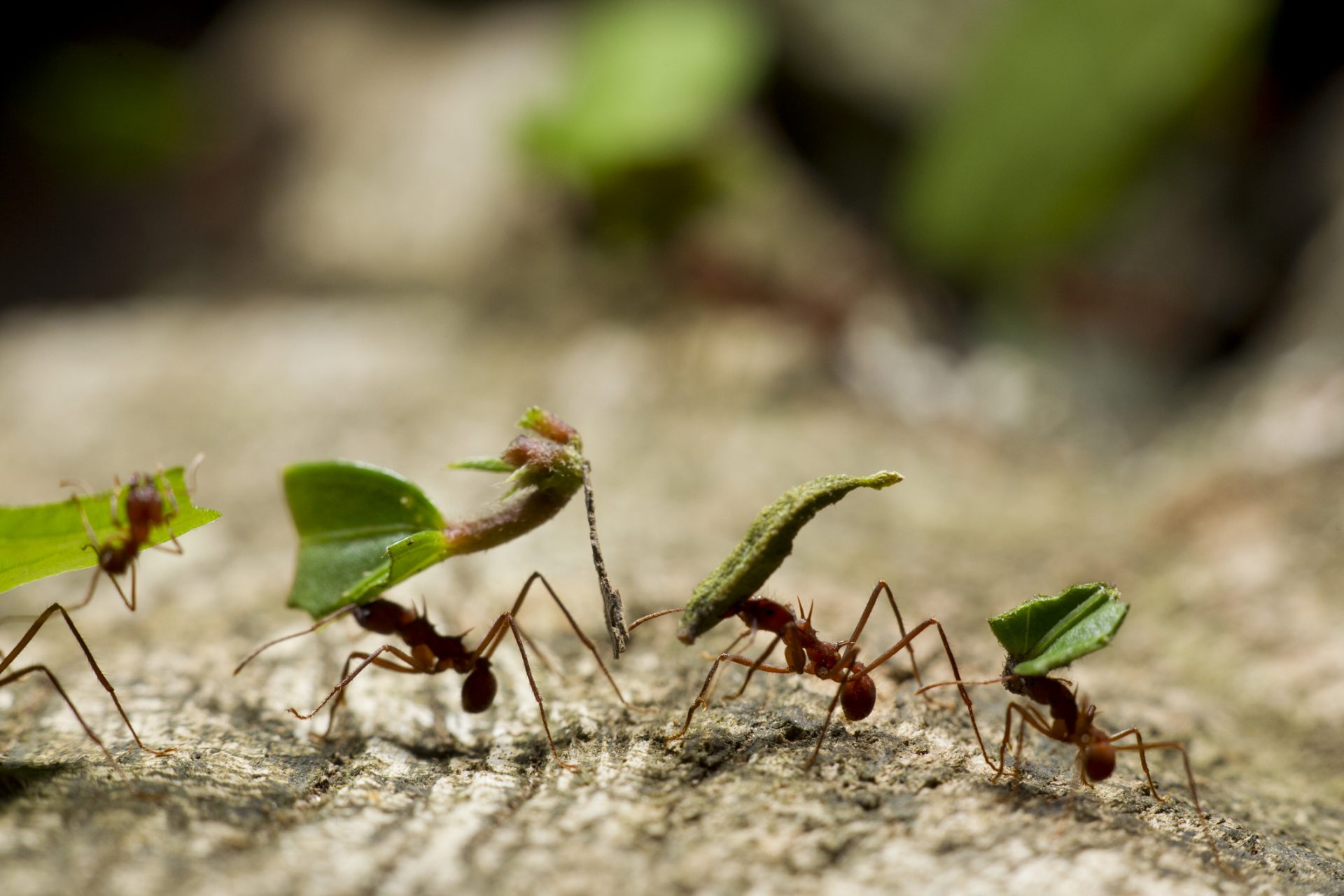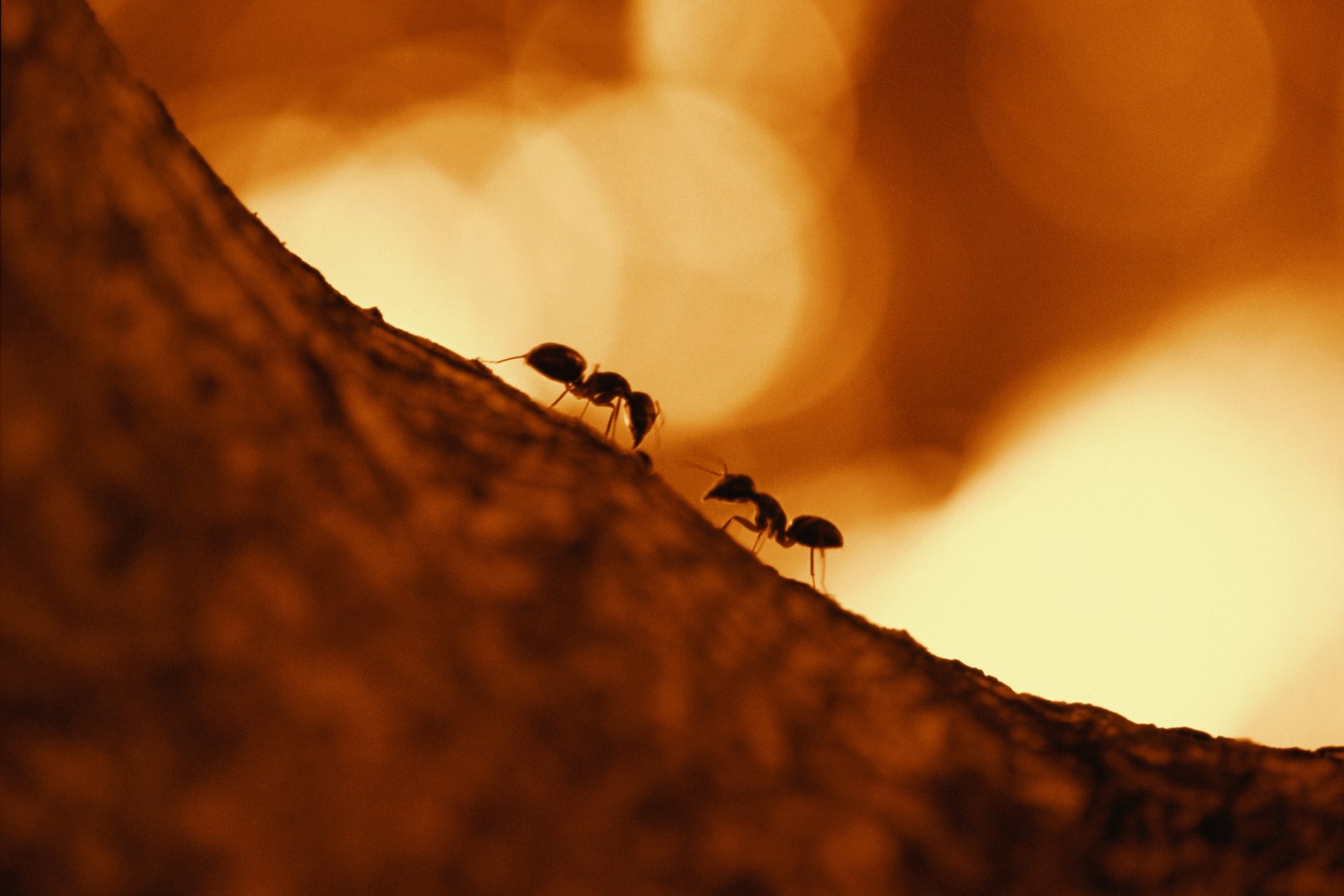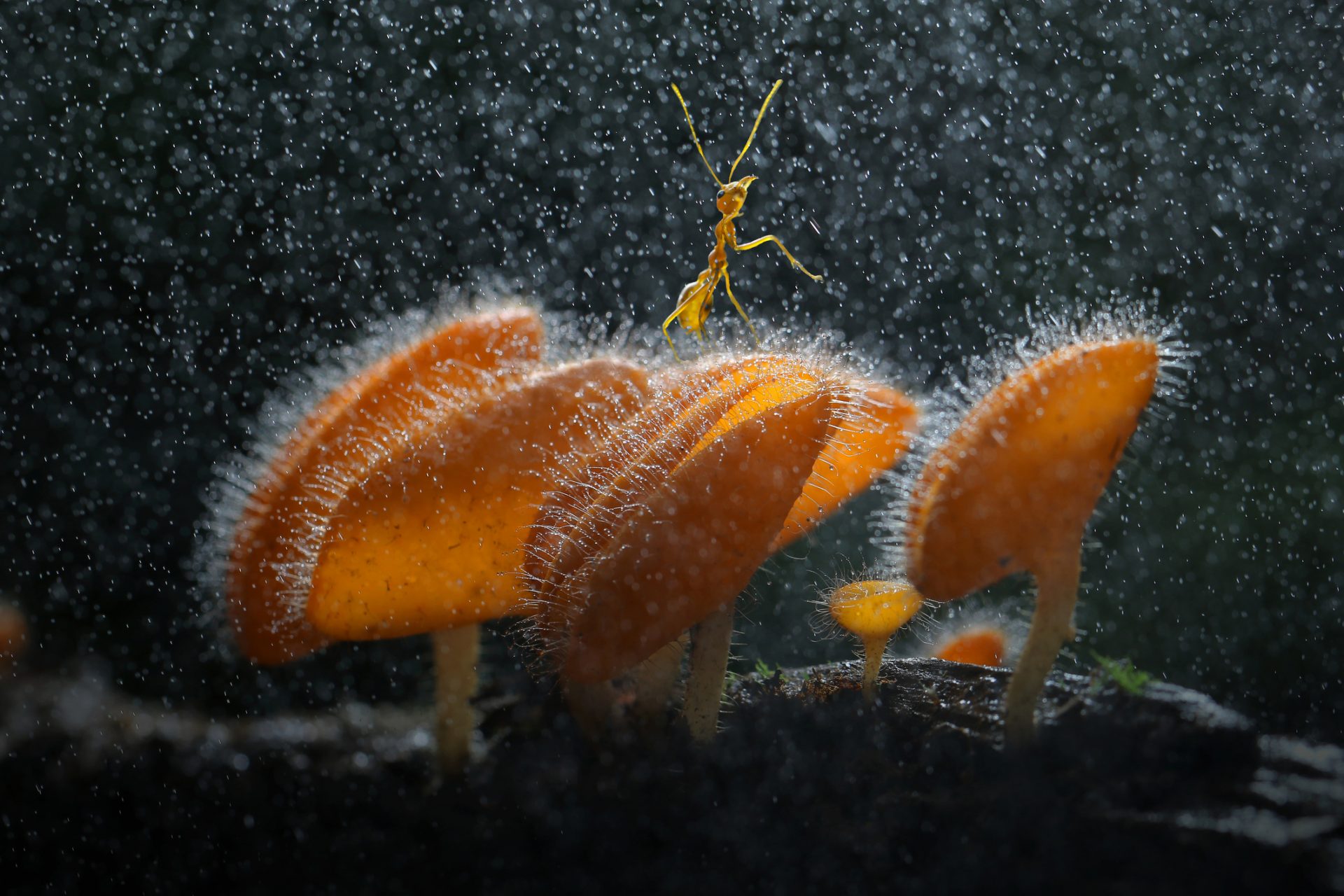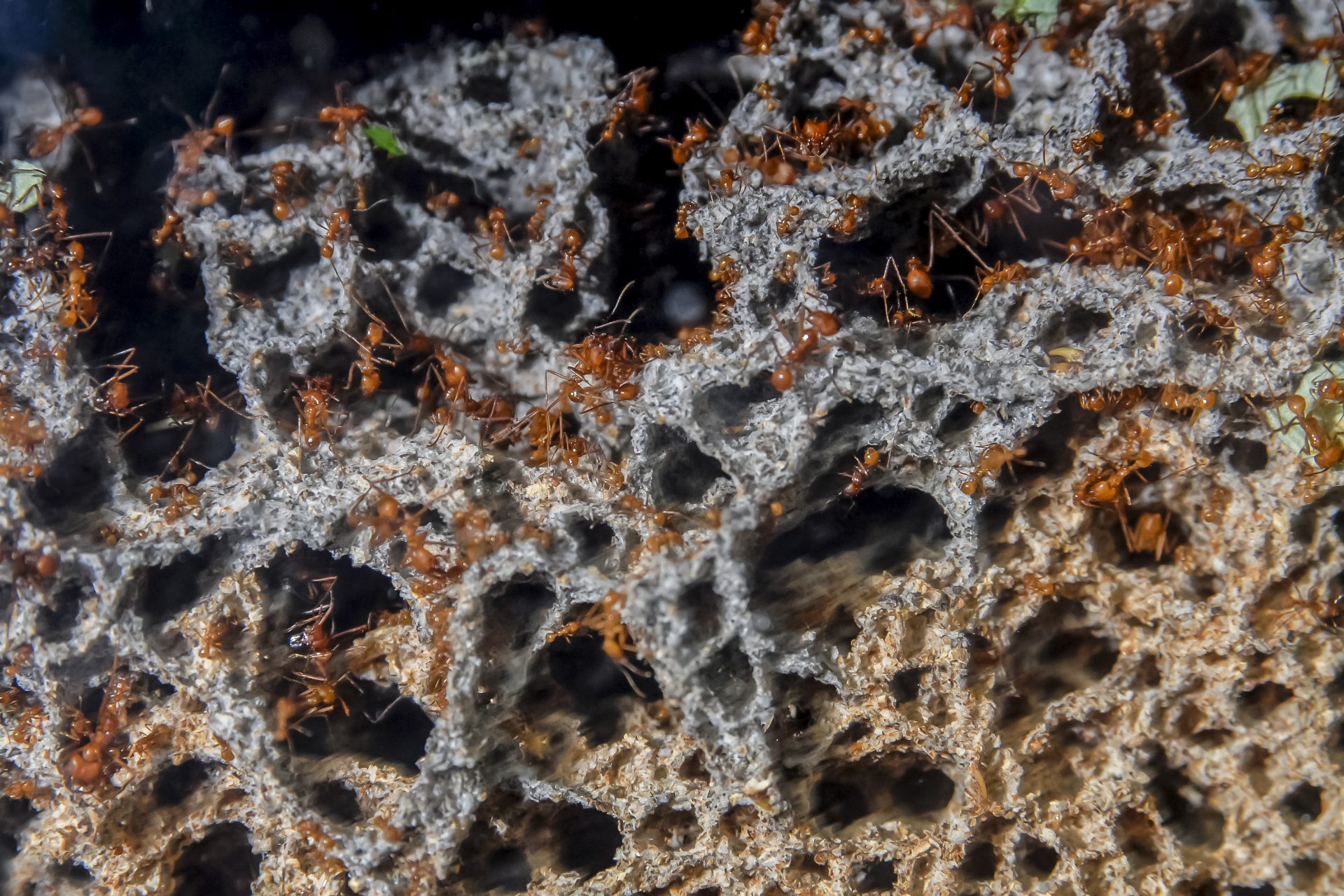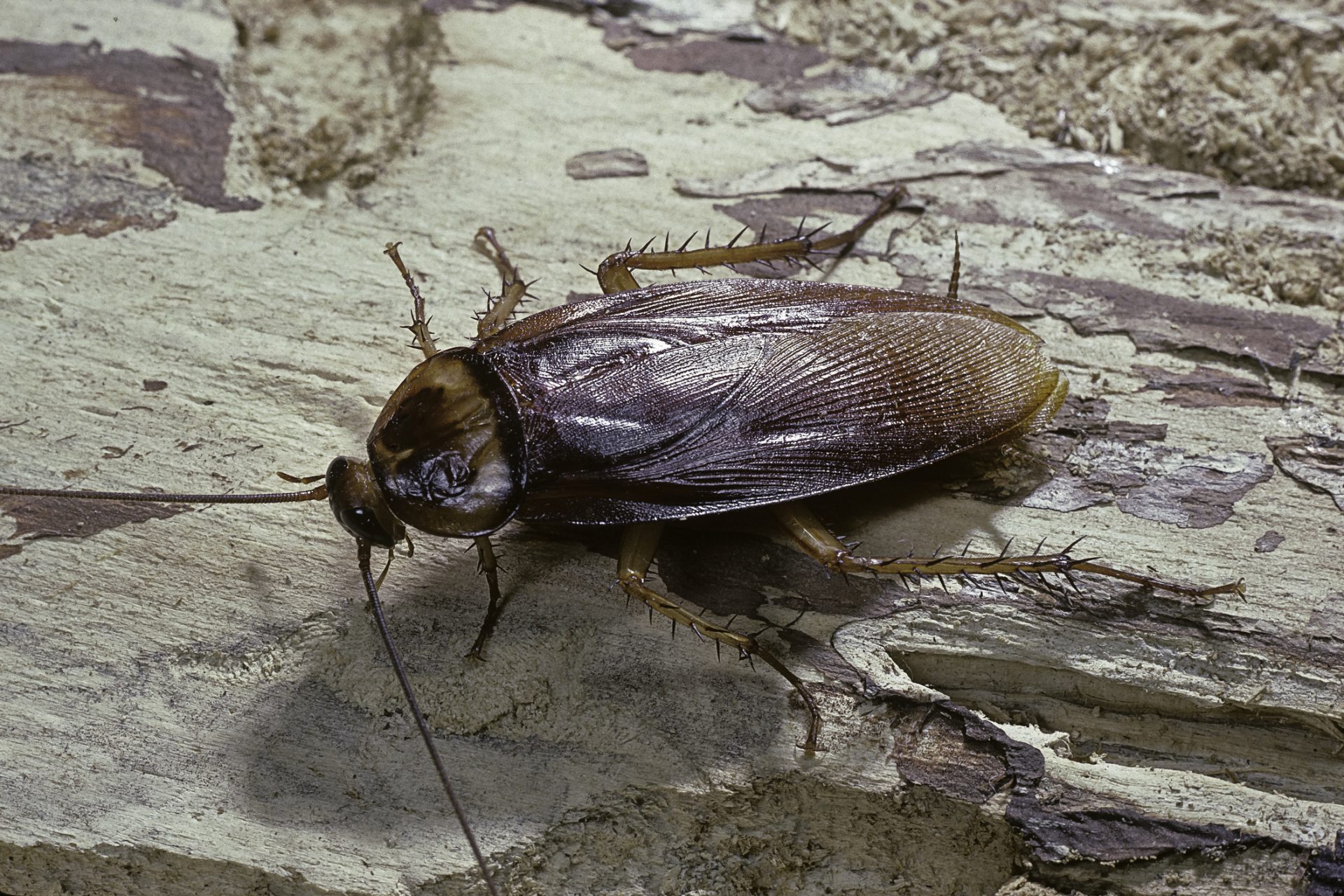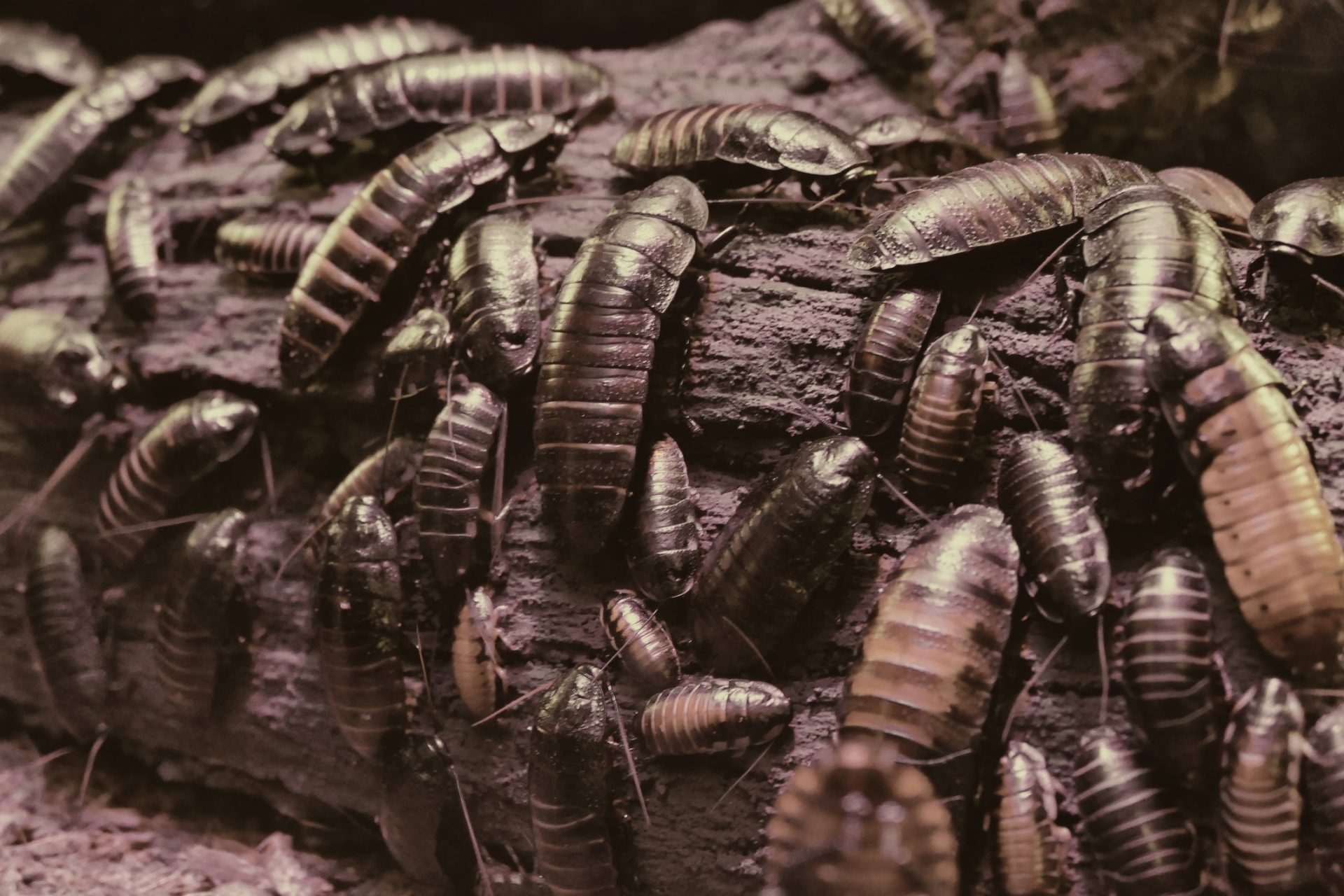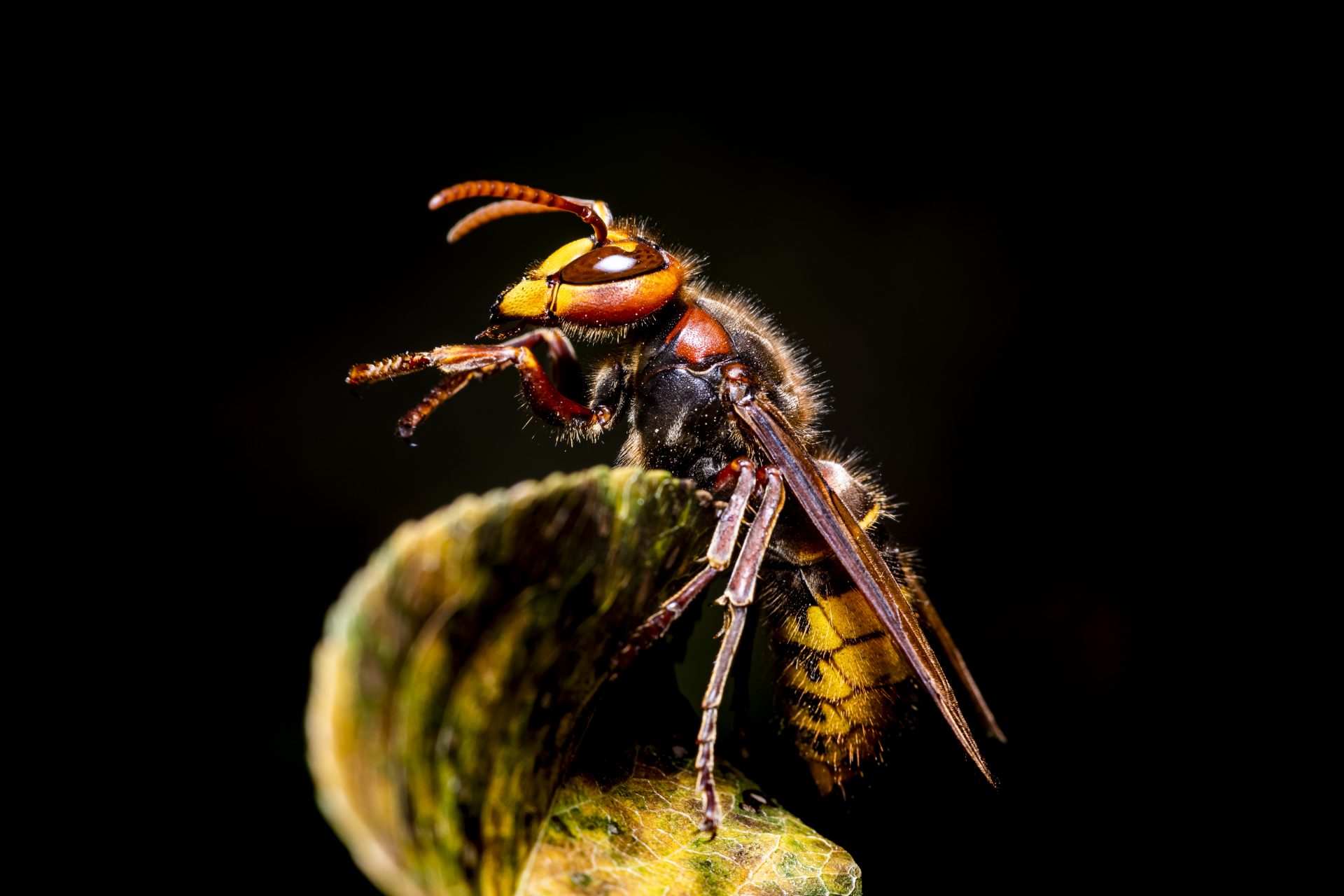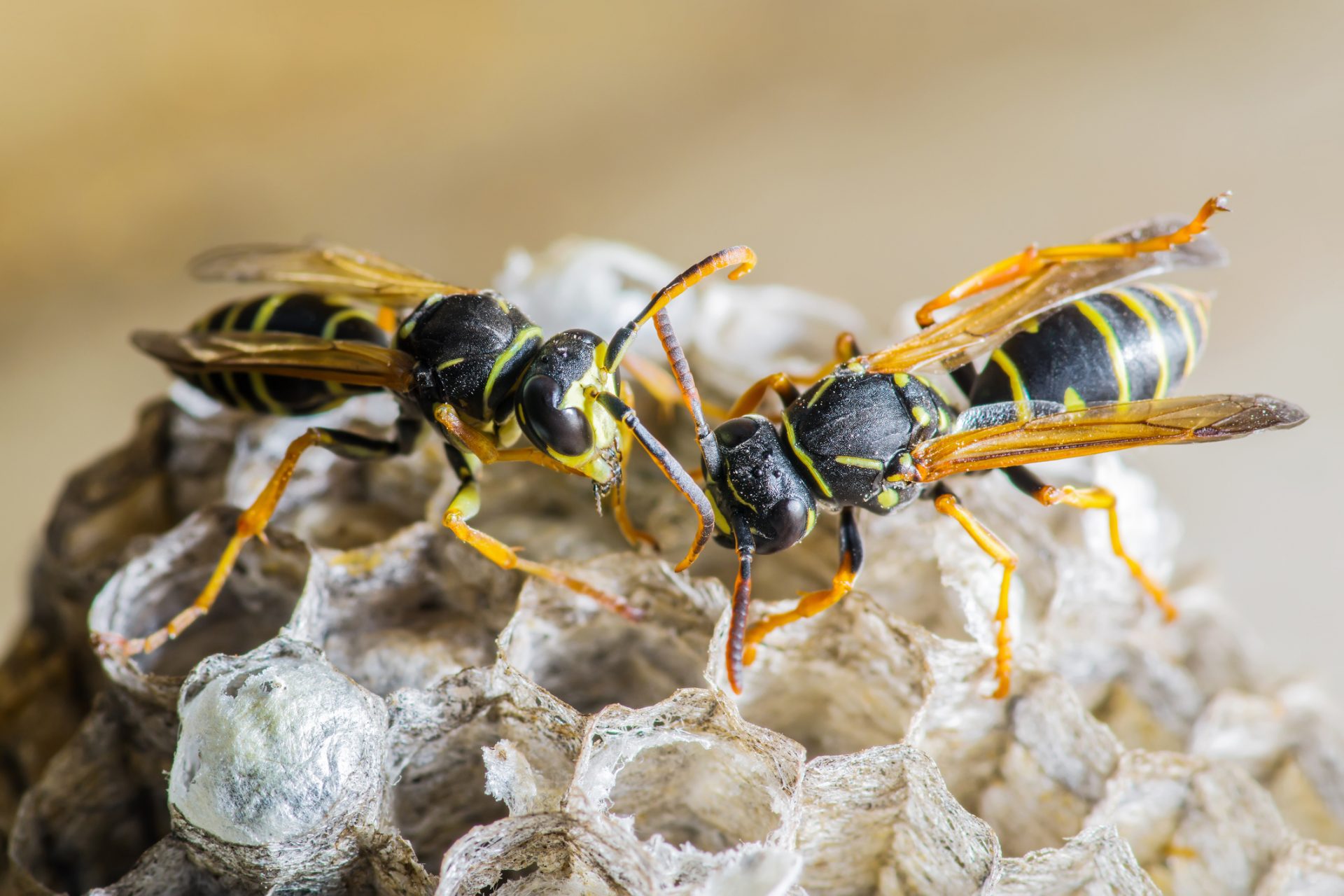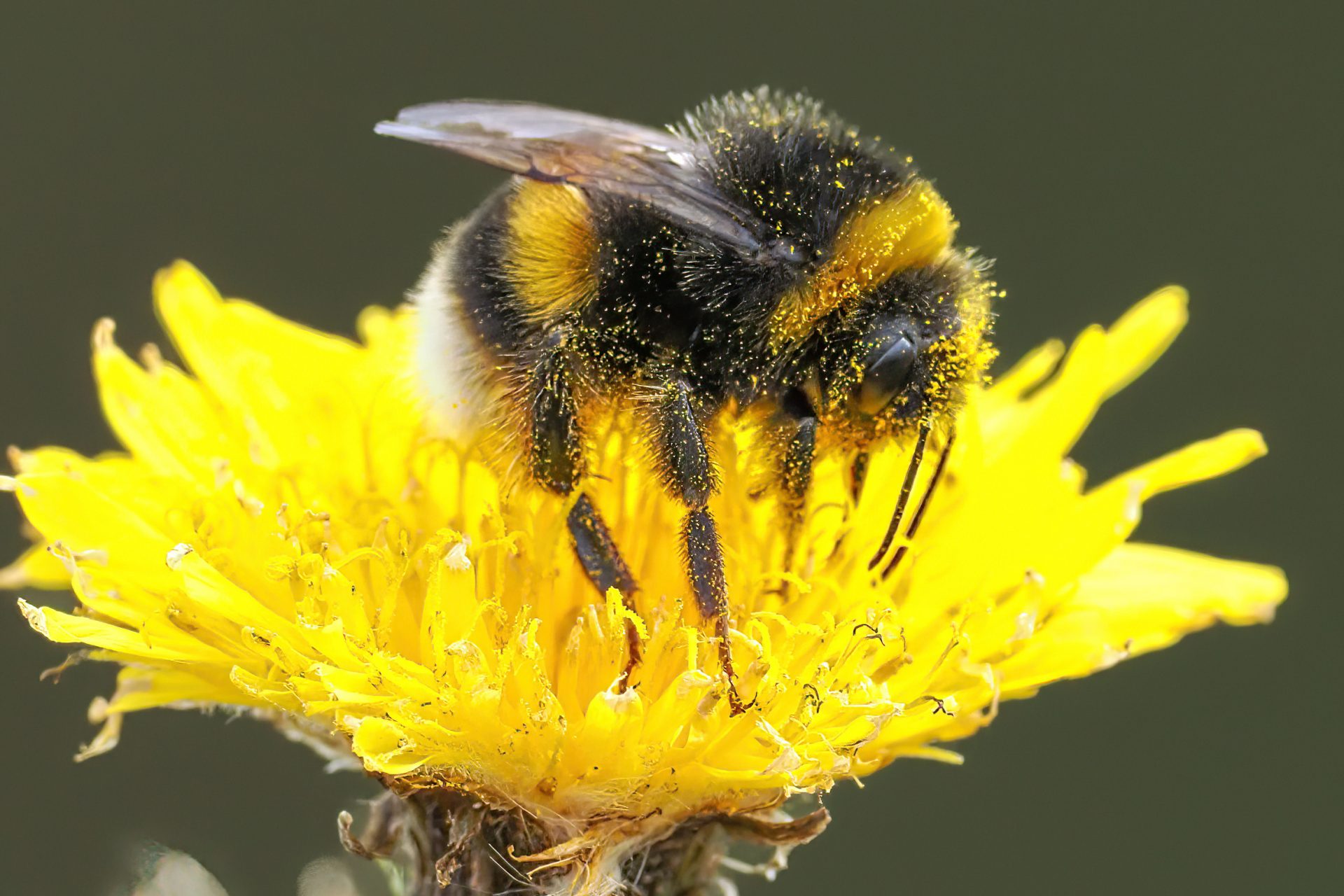These insects are a lot more intelligent than you think
Most bugs don’t have a reputation for being the smartest creatures on Earth but there’s a growing body of evidence that some insects are actually far more intelligent than most entomologists—that’s a bug scientist—previously thought.
In fact, there’s a growing body of scientific evidence that has explored insect intelligence and delved deep into the mysteries of bugs. Some studies have looked at various bugs and their mental capacities while others have examined their complex social behavior.
Entomologists are just scratching the surface of what we know and with more than ten million species of bugs crawling around out there according to Sentient Media, we still have a lot to learn. But, here’s a short list of the world’s smartest creepy crawlers.
Honeybees are probably one of the smartest bugs on the planet and they’ve earned that title for good reason. These insects can do rudimentary arithmetic based on the findings of a 2019 study, proving once and for all you don’t need a gigantic brain to do math.
Honeybees are also extremely good at conveying complex information to one another according to famed German zoologist Lars Chittka. In 2010, Chittka sat down with the conservation website Mongabay and explained how some species communicate ideas.
“Among the many 1000 species of bees, only a handful of honeybee species can communicate to one another, in the darkness of the hive, the location where they have found a food bonanza,” Chittka said.
“They do this by using a complicated, repeated motor display called the waggle dance. And indeed they use symbols to indicate distance and direction,” the zoologist added, saying a waggle up could mean flying towards the sun and a waggle down away from it.
However, it isn’t just a few species of honeybees that are super smart. Bumblebees are quite intelligent and a study from 2013 found they make motivational trade-offs, choosing to tolerate discomfort for sugar in the study over no pain but little sugar.
Ants might start crawling all over your kitchen when the warm weather comes out but you should think twice about killing these highly intelligent critters. One study from the Royal Society shows ants are quick learners and use smell to pick up new tasks.
“In fact,” wrote Sentient Media in their own explanation of brilliant bugs, “their memories can last up to three days, which benefits when workers need to switch from one task to another that they had previously learned.”
Sentient Media noted there is a wealth of evidence showing some ants have learned to farm as a means of sustaining their colonies and 240 different species in South America have adopted farming practices, choosing an isolated type of fungus that’s not wild.
However, what makes this situation really interesting is that the fungi completely rely on the ants for food because they’re isolated from the wild. Ants will forage and bring back what they find to feed the fungus creating a very effective symbiotic relationship.
One 2016 study explored the practice of ant farming and estimated that the behavior is likely to have developed all the way back in the Tertiary Period. That means some ants have been farming fungus for roughly 66 million years! Way, way longer than humans.
Cockroaches are rumored to be so resilient that they can survive the effects of a nuclear blast but did you also know they’re extremely intelligent in some regards? For example, one study proved they “express individuality in their learning and memory performance.”
In a separate study headed by entomologist Isaac Planas-Sitjà, researchers discovered that these misunderstood bugs have personalities. Some are curious and like to explore while others are shy and prefer to hide whenever possible.
You might not want to hear this one but paper wasps are incredibly smart insects. They can recognize the faces of other wasps which Sentient Media noted was a critical skill to have since these paper wasp nests can have two queens who often need to negotiate.
The dominant queen will be the one that lays her eggs while the subordinate queen will be forced to make a decision about staying or leaving the nest. This occurs after a fight and facial recognition allows the winning queen to remember who she’s already beaten.
All of these behaviors are fascinating and reveal a side of some bugs most people might not have known existed. So the next time you shoo away a bee or think about putting out an ant trap, you may want to reconsider just in case you harm these smart bugs.
More for you
Top Stories



